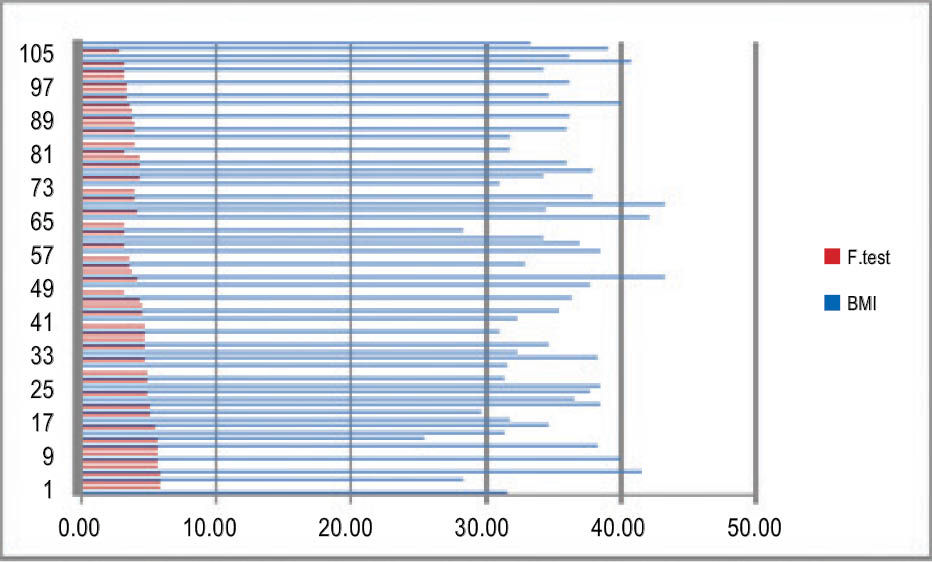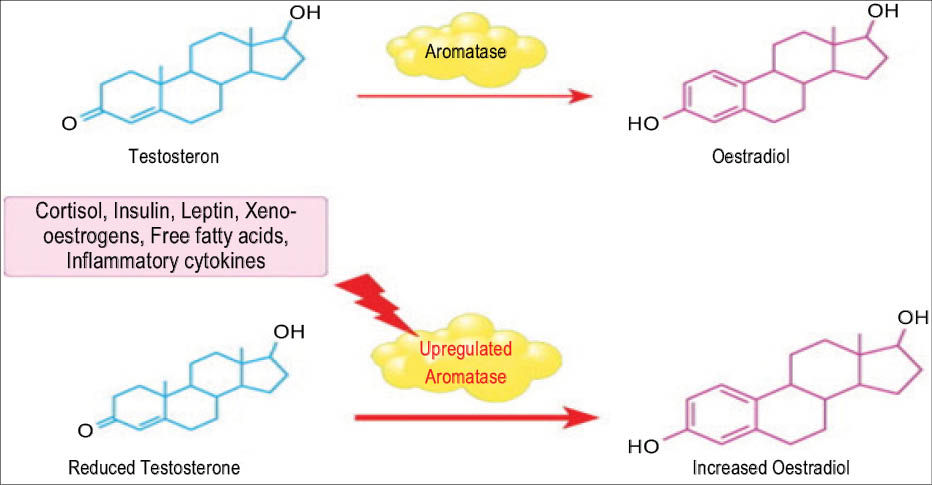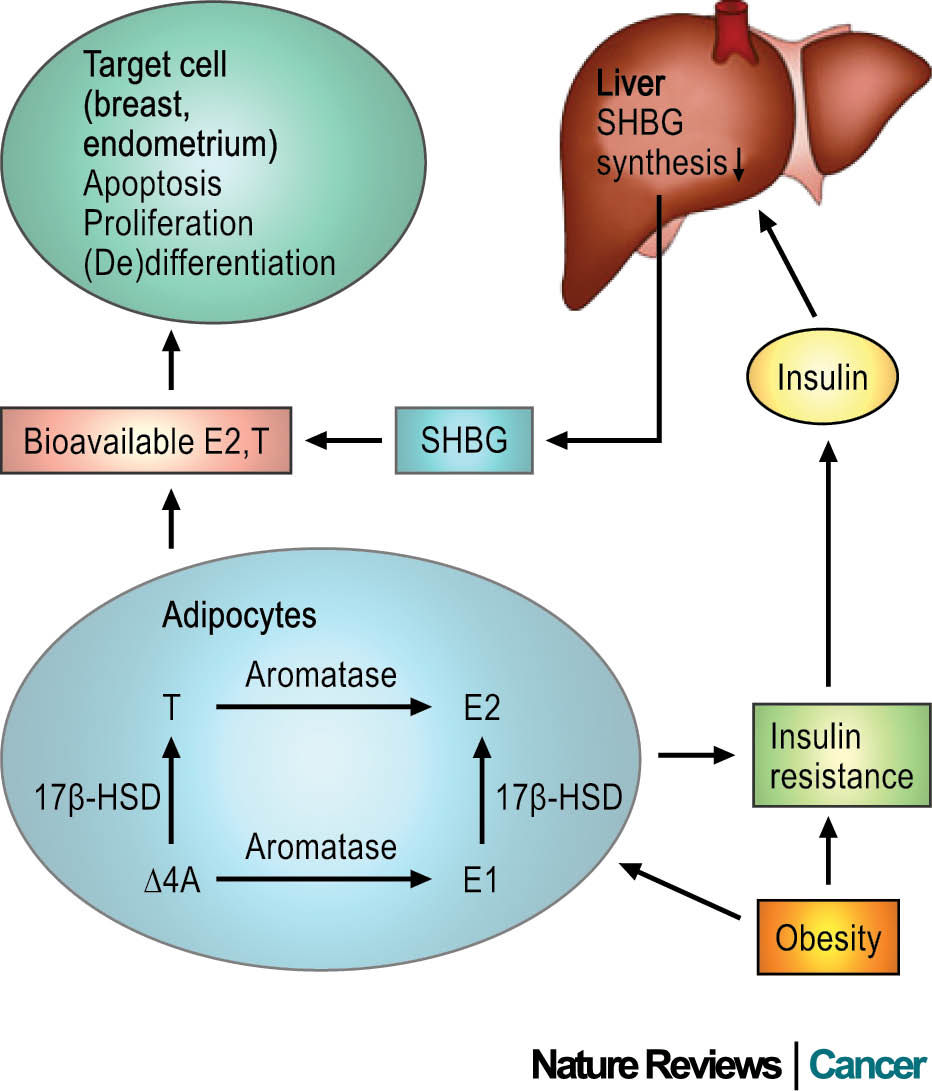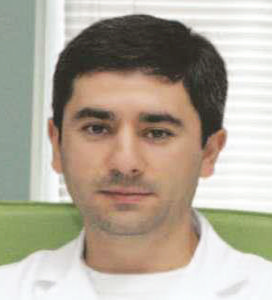
FACULTY OF MEDICINE
ANDROGEN DEFICIENCY AND INSULIN RESISTANCE IN OBESE MALE PATIENTS
The National Institute of Endocrinology (NIE) is one of the leading endocrinology clinics in Georgia and serves as the base for the Endocrinology Department of the Faculty of Medicine at TSU. In addition to its large team of endocrinologists, the Institute brings together a wide range of specialists including surgeons, cardiologists, ophthalmologists, neuro-pathologists, andrologists, etc. The Institute offers outpatient, inpatient and surgical services and conducts scientific and clinical studies with TSU Department of Endocrinology or through the support of donor organizations. Approximately 20 scientific studies are underway at the Institute today.
Recently completed studies include a research report by Shota Janjgava, an endocrinologist-andrologist at the National Institute, entitled “Androgen Deficiency and Insulin Resistance in Obese Male Patients”, which was a three-year program launched in 2010. The key goal of the work was to study the correlation between testosterone, insulin resistance and obesity in male patients and to determine links between testosterone and cardio-metabolic risk factors. The study also examined the influence of testosterone replacement therapy on insulin resistance, obesity and specific cardiometabolic risk factors.
 The research affirms that testosterone levels in the blood negatively correlates with metabolic syndrome (a metabolic disorder that ultimately increases the risk of diabetes, heart failure, atherosclerosis, stroke, oncologic diseases) and its components. When the scientists inclu-ded only the insulin sensitivity index in the analysis, the correlative link with metabolic syndrome disappeared, re-vealing that the correlation between testosterone and metabolic syndrome is not determined only by insulin resistance. Android fat distribution was observed in 85% of patients (distribution of human adipose tissue mainly in the area of the abdomen, which is more common in males). Abdominal obesity or excessive abdominal fat around the stomach and abdomen--observed in other patients--was mostly associated with an increased risk of cardio-metabolic disorders.
The research affirms that testosterone levels in the blood negatively correlates with metabolic syndrome (a metabolic disorder that ultimately increases the risk of diabetes, heart failure, atherosclerosis, stroke, oncologic diseases) and its components. When the scientists inclu-ded only the insulin sensitivity index in the analysis, the correlative link with metabolic syndrome disappeared, re-vealing that the correlation between testosterone and metabolic syndrome is not determined only by insulin resistance. Android fat distribution was observed in 85% of patients (distribution of human adipose tissue mainly in the area of the abdomen, which is more common in males). Abdominal obesity or excessive abdominal fat around the stomach and abdomen--observed in other patients--was mostly associated with an increased risk of cardio-metabolic disorders.
In this research, android obesity was found to have a closer correlation to testosterone levels. The following results were established: testosterone level positively correlated with body mass index (a measure of body fat based on height and weight that applies to adults); plasma testosterone level negatively correlated with the insulin resistance index (which shows insulin sensitivity).
Low testosterone levels are associated with dyslipidemic changes (lipid disorders or high cholesterol and other harmful fats circulating in the blood), and testosterone level negatively correlates with leptin levels. Leptin is a satiety hormone, synthesized in adipose tissue. The level of adipose tissue correlates negatively with testosterone, which is the male sex hormone. Low testosterone levels in males can be a preliminary indicator of the development of metabolic syndrome, which raises the risk for heart disease and other health problems such as atherosclerosis, diabetes mellitus type 2, arterial hypertension, etc.
Testosterone replacement therapy improves the individual’s body mass index and insulin sensitivity, and also regulates lipid disorders. The Head of the NIE, Professor Elene Biorgadze, pointed out that determining testosterone concentration in overweight and obese male patients may help in the early diagnosis of metabolic syndrome and permit timely prophylactic measures to reduce complications related to obesity and metabolic syndrome. According to a concept developed in the framework of the research, hypogonadism (the diminished functional activity of the gonads that may result in diminished sex hormone biosynthesis) and erectile dysfunction in obese males is connected with an increased risk of cardio-metabolic disease. These results contributed new information on the current situation of the Georgian population, and will further encourage the beginning of more comprehensive studies of practical importance.
Cardio-metabolic characteristics typically found in Georgia and the correlation of testosterone to these characteristics and their peculiarities were described in the report. Research data will help practicing physicians when managing obesity in male patients. The research has clearly confirmed metabolic changes in the human body associated with obesity, as well as androgen deficiency in men.


Table 1. The ratio of body mass index and free testosterone (The ratio was r –0.10)
Recommendations were made based on this research: obese males need to undergo screening tests to determine their androgen status, or their testosterone levels. Patients with androgen deficiency should correct their androgen balance along with their weight. The research results recommend that to regulate male sex hormones in elderly patients they should undergo testosterone replacement therapy, taking into account the condition of their prostate. To regulate androgen balance in younger men, an aromatase inhibitor should be used for patients with hyper-estrogenism. Obese males have high levels of aromatase, which causes the transformation of testosterone into the female hormone, estrogen. Therefore, it is recommended for obese males to block this enzyme order to regulate the male sex hormone.
This study and its conclusions are a scientific novelty for Georgian physicians, as it studied males of all age groups who suffered from obesity or overweight. Patients were selected through questionnaires providing the characteristics of male sex hormone deficiency. The research has  clearly demonstrated male metabolic disorders in the Georgian population and how to address them. The results also suggest that diminished testosterone levels increase the risk of metabolic syndrome, which ultimately leads to the development of a number of insidious diseases, such as atherosclerosis, diabetes mellitus type 2, arterial hypertension, etc. People who participated in the research were genetically inclined to gain weight—and for that reason, the metabolic syndrome may be slightly higher compared to cases of other patients with metabolic changes due to alimentary obesity. Also, since only ethnic Georgians were studied, the results may not be the same as for other ethnic groups in Georgia who have different genetic codes or other diverse factors such as social-economic contexts, food styles and traditions.
clearly demonstrated male metabolic disorders in the Georgian population and how to address them. The results also suggest that diminished testosterone levels increase the risk of metabolic syndrome, which ultimately leads to the development of a number of insidious diseases, such as atherosclerosis, diabetes mellitus type 2, arterial hypertension, etc. People who participated in the research were genetically inclined to gain weight—and for that reason, the metabolic syndrome may be slightly higher compared to cases of other patients with metabolic changes due to alimentary obesity. Also, since only ethnic Georgians were studied, the results may not be the same as for other ethnic groups in Georgia who have different genetic codes or other diverse factors such as social-economic contexts, food styles and traditions.
The following persons were also involved in the research: endocrinologists from the National Institute of Endocrinology, Ketevan Asatiani, MD; Marina Lomidze, Assistant Professor at the TSU Faculty of Medicine, MD; Marina Tsagareli, MD; Lasha Uchava, PhD student at TSU; and Tamaz Zerekidze, PhD student at TSU.
In addition to presentations made in Georgia, the research results were presented at the 1st International Diabetes and Obesity Forum, Athens, Greece 2011; the Royan International Twin 13th Congress on Reproductive Biomedicine and 8th Congress on Stem Cell Biology & Technology, Teheran, Iran 2011 (Both oral presentations and plenary lectures were contributed, as the study was considered innovative work in its field); the 2nd Central European Congress on Obesity, Budapest, Hungary, 2009; the 11th and 18th European Congresses of Endocrinology, Istanbul, Turkey, 2009 and 2011; the 19th European Congress on Obesity, Lyon, France, 2012; the European Congress of Andrology, Berlin, Germany, 2013; and the American Association of Clinical Endocrinologists annual meeting, Las Vegas, USA, 2014.





